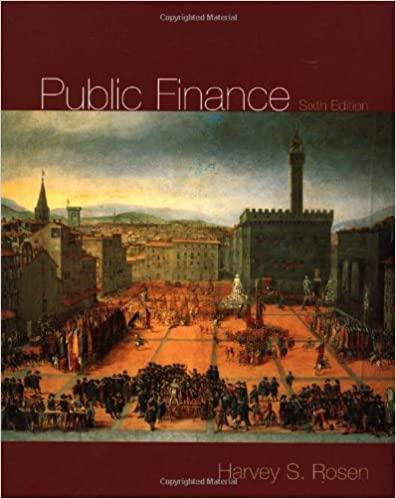Question
***For the remaining statements, note the following codes and assumption : TRUE OR FALSE (Two countries: W & K) ...(currency of country: W = w)
***For the remaining statements, note the following codes and assumption: TRUE OR FALSE
- (Two countries: W & K)...(currency of country: W = w) (currency of country: K= k)
- Both countries opted for a fixed/pegged exchange rate.
11- Businessmen in country H would put out (=transact) h to pay for the value of their imports from: K; the more of h is put out, ceteris paribus, h would depreciate ( ).
12-Investosrs in country K would put up (k) to invest in W the more k is put out, ceteris paribus, k would depreciate ( ).
13-Suppose the central bank in W opted for easy-credit policy to enhance investments. In return, monetary authorities in K decides to stay the course; thus, the return to investments in K is now higher than in W. Therefore, we expect the exchange rate of w to appreciate ( ).
14- Expectations also affect exchange-rates swings. Suppose country W signs a duty-free trade policy with a major trading-block. Thus, if people in K expect increased profits for W corporations they could buy in advance stocks in W businesses. Therefore, w would depreciate ( ).
15- Long Term Full-Employment (LTFE) is used, analytically to explain business cycles; peaks and troughs are variationsduring peaks, short-turn coincides with long-term leading to an increase in wage rate due to a rising price-level; the opposite is also true ( ).
Step by Step Solution
There are 3 Steps involved in it
Step: 1

Get Instant Access to Expert-Tailored Solutions
See step-by-step solutions with expert insights and AI powered tools for academic success
Step: 2

Step: 3

Ace Your Homework with AI
Get the answers you need in no time with our AI-driven, step-by-step assistance
Get Started


